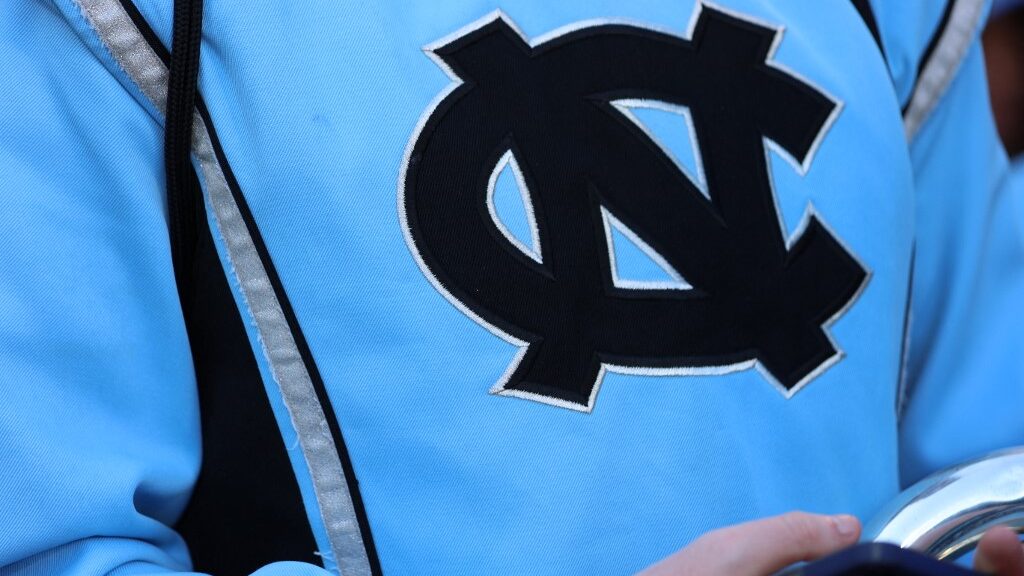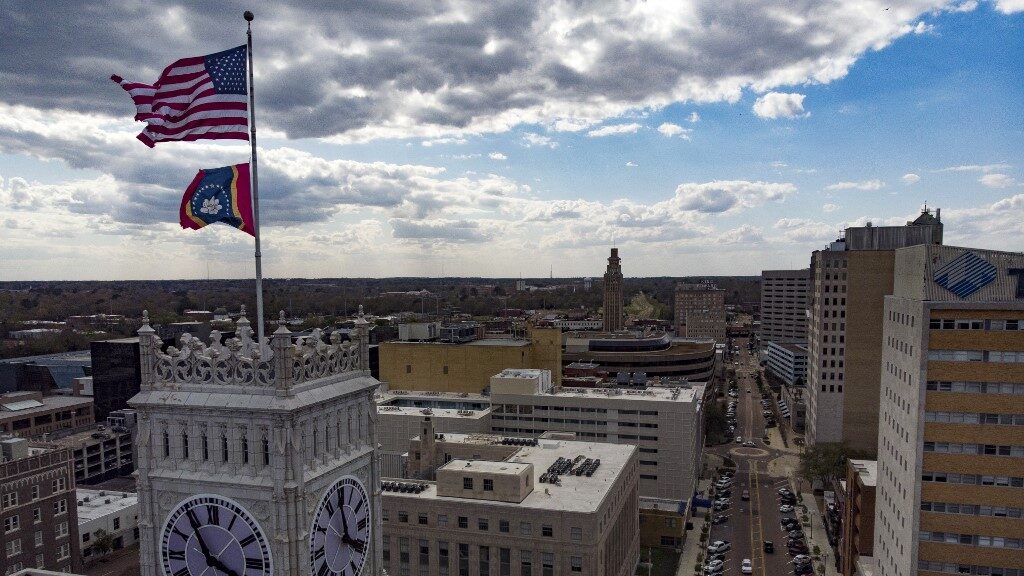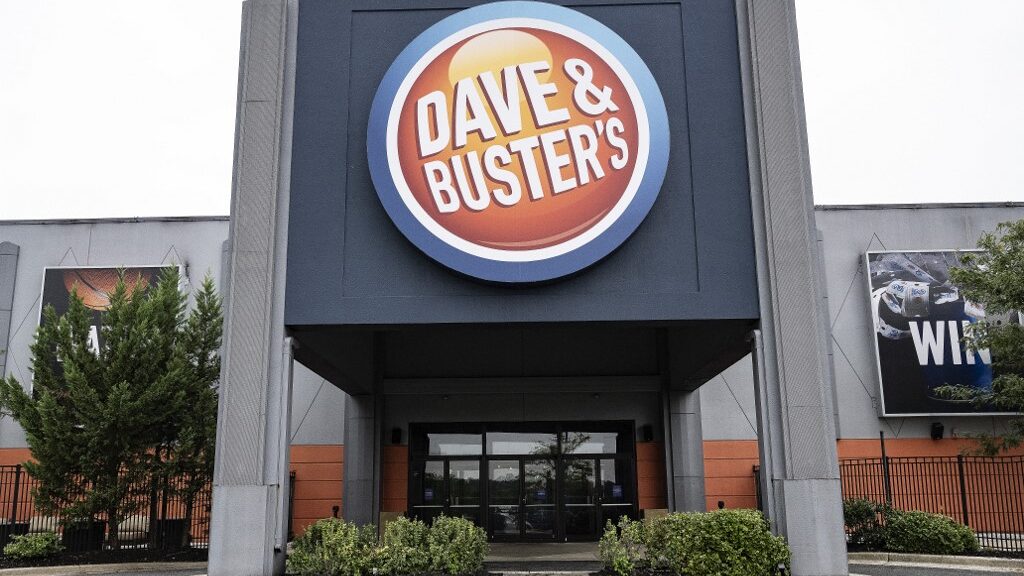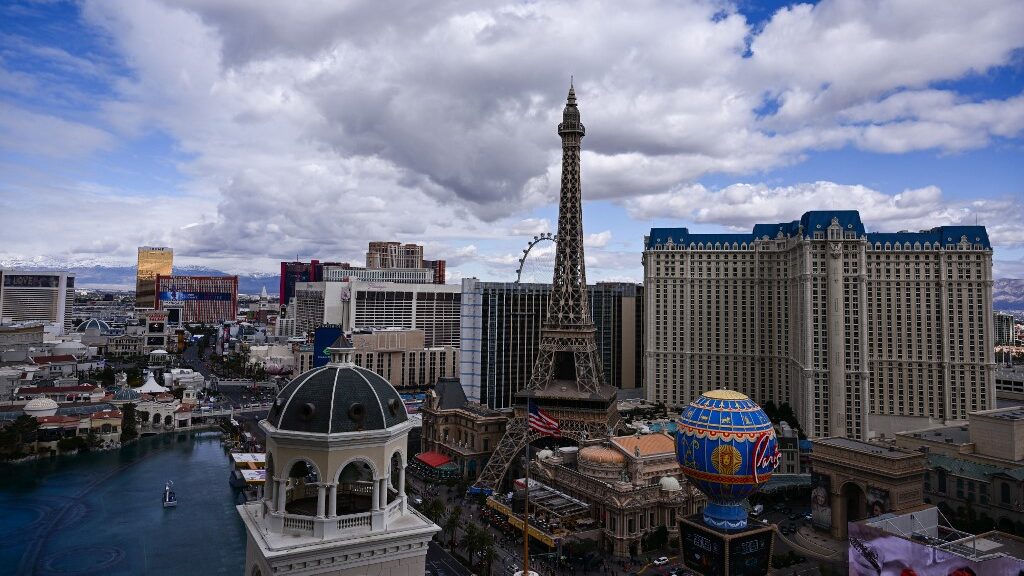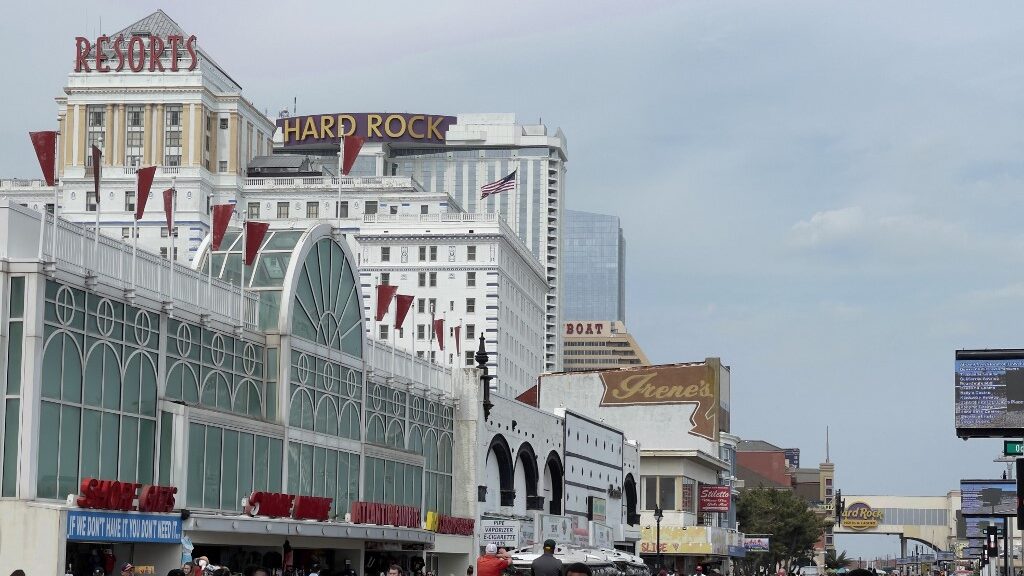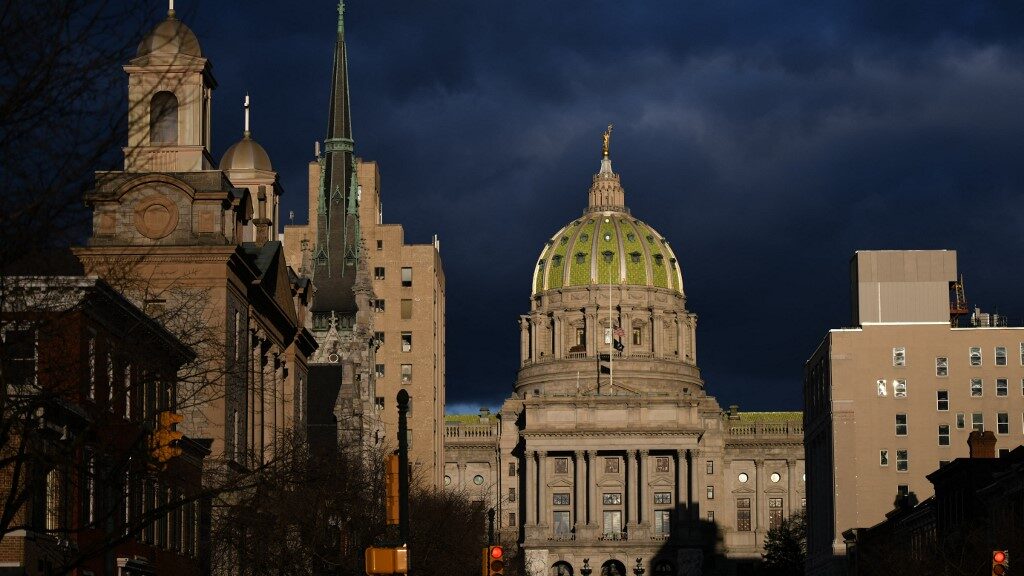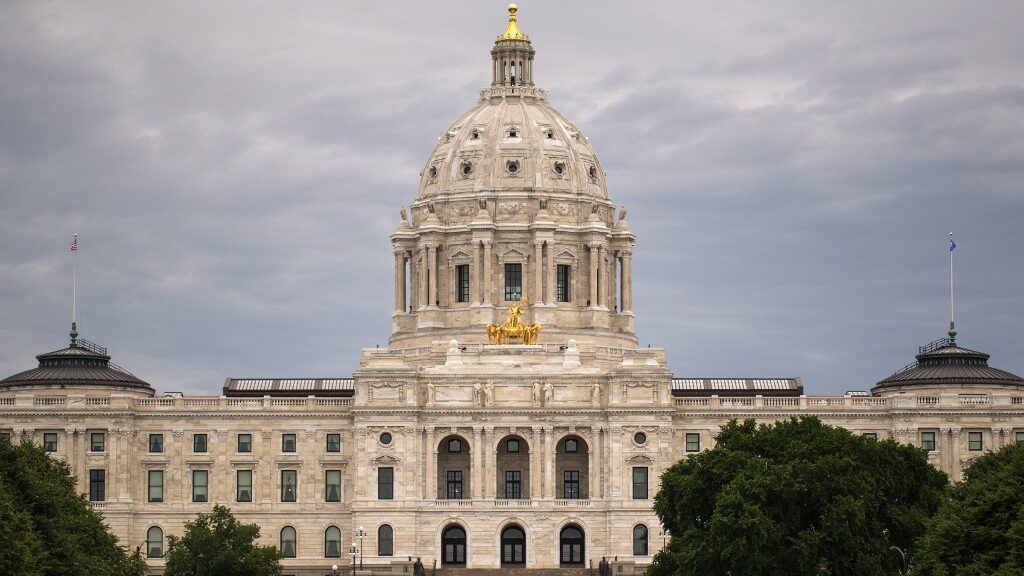
Minnesota sports betting is not the only form of gambling with strong economic contributions. Case and point, just look at the state lottery.
The North Star State’s Environmental & Natural Resources Trust Fund is financed largely by the state lottery but that legislation is slated to expire in two years unless lawmakers can get the bill extended.
Changes Coming
Minnesota’s environmental funding began in 1988, with the support of over 77% of the voters, and the state lottery has earmarked over $700 million to the Environmental & Natural Resources Trust Fund with over $425 million directed to the ENRTF during the past 13 years.
Senator Carrie Ruud (R-Breezy Point) has introduced the legislation that would extend the pact and increase the funding from the current 40% of the lottery revenue to 50% and would also be allowed to allocate the state’s unclaimed prize money.
However, under the current proposal, the lottery funding for the ENRTF would cease in 2050 with no money diverted for wastewater treatment facilities due to the excessive amount of money these facilities require.
“It’s important that we ensure this funding source remains constitutionally dedicated towards environmental projects. Minnesotans have been proud of our traditions when it comes to protecting our natural resources. We must renew the Trust Fund so we can continue the protection of drinking water sources, water quality, wildlife habitats, parks, and trails,” said Ruud.
Where Does the Money Go?
Below are the primary beneficiaries of the ENRTF over the last 13 years.
The funds earmarked from the lottery have financed key environmental projects and programs within the state, some of which are:
- A canoeing program that teaches underserved teams about the environmental sciences.
- The purchase of land to add to Minneapolis’ Above the Falls Regional Park.
- Add four to eight accessible fishing piers and one to two shore fishing sites across the state.
- Developing solar-powered robot lawnmowers that can cut weeds on agricultural land.
- Studying the impacts of a 2010 Gulf of Mexico oil spill on birds that migrate to Minnesota.
The Legislative-Citizen Commission on Minnesota Resources (LCCMR), is comprised of 10 legislators and seven citizens, and together they decide which projects submitted to their commission are most worthy, and subsequently recommend those selected projects or programs to the legislature.
Environmental Importance to Minnesota
Senator Foung Hawj (DFL-St. Paul), a member of the Legislative-Citizen Commission on Minnesota Resources (LCCMR), has been elected to Senate Chair of the committee and stated, “I am honored to be elected Senate Chair of the LCCMR.
"It’s an important position that requires an understanding of how critical our state’s land, water, and environmental resources are to Minnesota’s quality of life. I am pleased to be able to play a key leadership role in how our state funds those resources.”
Hawj will be a major influence on which submissions get green-lighted going forward but the bill to extend the legislation must pass, otherwise, the program will end and the funds will dry up in only a few years.
*Bookmakers Review will continue to monitor this story and update our readers as events unfold.


